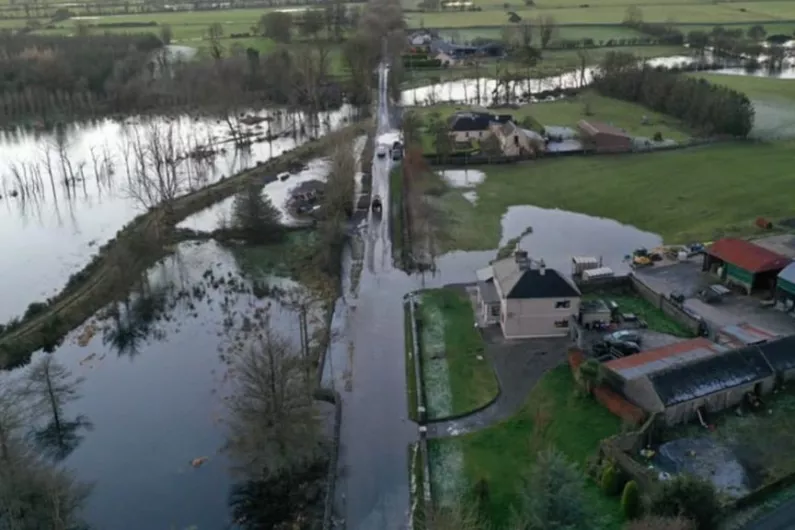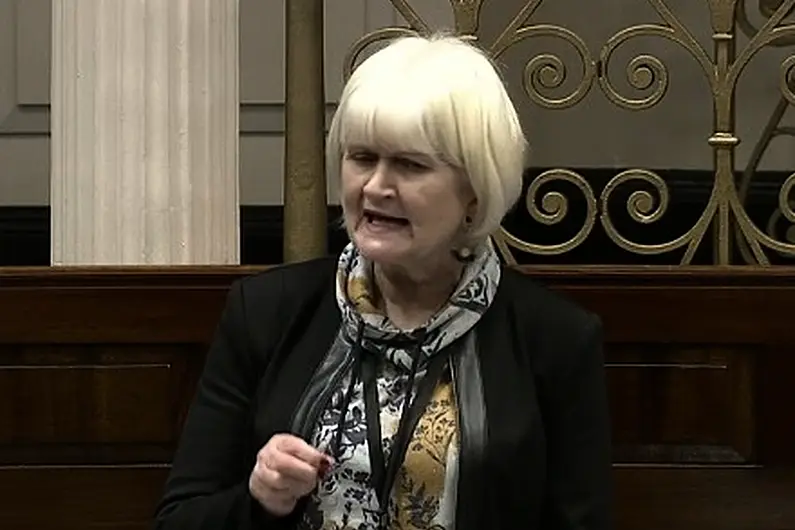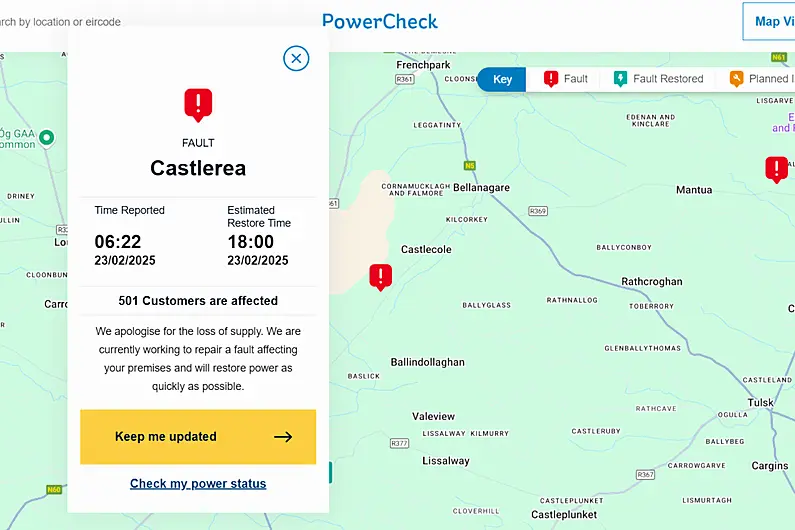An Environmental group has secured an injunction preventing any further construction works from taking place on a controversial Co Roscommon flood relief scheme until after the matter has been fully determined by the High Court.
Mr Justice Garrett Simons granted the order in favour of The Friends of the Irish Environment group which last December brought proceedings against Roscommon Co Council.
FIE has challenged the council's plans to construct a 3km pipeline, designed to take water from Lough Funshinagh, a seasonal lake 12km from Athlone to nearby Lough Ree.
As part of FIE's proceedings the High Court placed a stay on any further construction works being carried out.
FIE wanted that order continued until the case has been fully determined by the court.
The council wanted the stay lifted.
It claimed that if there was any further delay to the works it would be unable to put the flood relief into operation until 2023.
The council also offered an undertaking, that if it was allowed to complete the construction works it would not pump any water from the lake pending further order of the court.
In his ruling on Friday the judge said that the balance of justice favoured the granting of the injunction halting work on the scheme.
His decision was based on independent expert evidence submitted to the court by FIE which he said there was a risk that the construction of the scheme could damage protected environmental sites in the area.
The injunction is to remain in place until after the full action, due to be heard by the courts in May, has been determined.
In its action FIE claims the project breaks EU environmental law.
It has brought judicial review proceedings aimed at setting aside the council's decision of October 14th 2021, approving the emergency flood relief scheme under section 152 of the 2001 Local Government Act.
The action is against the Council and the State.
The council claims that it is carrying out these works to help alleviate severe flooding, which it claims threatens the homes of people living close to Lough Funshinagh, which is a designated Special Area of Conservation (SAC).
FIE represented by James Devlin SC, instructed by solicitor Eoin Brady SC, for FIE
He claims the decision to approve the works without having to conduct assessments on the impact the proposed works will have on the local environment is wrong in law.
FIE also seeks several declarations from the court including that the Council erred in law and has breached EU directives on Habitats and Environmental Impact Assessments (EIA) by screening out the possibility that the proposed development will have significant effects on the local environment.
The council denies claims that the scheme will adversely effect the environment.
The scheme has been the subject of several court hearings.
These include a hearing last August when FIE, citing environmental concerns and breaches of EU laws, brought a challenge against a decision by the council to grant itself permission to construct the works.
That action was resolved after the council accepted it had not fulfilled certain obligations it should have in relation to the works and agreed to remediate works it had already carried out.
A subsequent claim by FIE that the council had breached the settlement agreement, and was in contempt of court, was rejected by the High Court.
In his ruling Mr Justice Simons on Friday the judge said the issue of continuing the injunction posed "a real dilemma" for the court.
On one hand there were concerns over the impact the project and its construction will have regarding an EU protected site.
On the other hand the council was carrying out the works on health and safety and public interest grounds including that dwellings and roadways near the lake are at risk of flooding.
The judge said he was satisfied, based on the strength of FIE's expert evidence to grant the injunction sought by the NGO.
The judge said that evidence disputing FIE's claims had been submitted by the Council's CEO Eugene Cummins, and from the firm of consultants advising the local authority on the scheme.
That evidence,he said, was not satisfactory as Mr Cummins could not be considered to be an expert and the consultant's evidence could not be considered to be 'independent.'
The judge added that any delay in getting the project completed had been caused by the council itself.
Noting the previous action over flood relief works, which was resolved last August, and the current challenge against the October decision the judge said that had the council sought permission for the works via An Bord Pleanala the project could have been completed by now.
The council had also been aware of the flood risk for some time, he added.
While the judge said he was not determining the full dispute at this stage of the proceedings the judge remarked that FIE's had raised strong points in the action.
These included the council's use of works constructed, including section of pipeline built under the permission quashed last August, as part of the current scheme.
Another strong point raised by FIE relates to the independence of the council's decision to grant itself permission under emergency powers, granting itself exemptions in relation of EU Directives on Environmental Assessments and Habitats, to carry out the works, the judge noted.
The Judge in adjourning the date said he was prepared to hear the full action next May.
However lawyers for the Council said it may consider making an application to have another High Court judge hear and determine the case.






